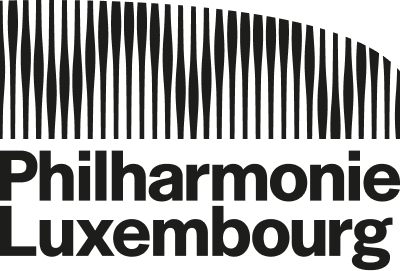
the art of conducting | Sir Antonio Pappano
Are the times of the despotic, all-powerful conductors gone?
Sometimes you have to be very firm about the way things have to be, or what the goal is. You can set the bar here or you can set the bar here. I mean everyone has the capability, I think, to become frustrated or angry or irritated in a rehearsal. But as you said, nowadays, this is looked upon as not the thing to do and everybody is friends.
But let me tell you, every orchestra expects the conductor to take responsibility and the responsibility of tempo, fluidity, color, balance... A lot of that comes through the conductor's observations. It needs a tremendous amount of collaboration. But somebody has to decide where the goals are. What are we trying to achieve here? What are we trying to say? What is the narrative of the piece? In the past, the conductor was viewed as the all-powerful and you know, he could fire people on the spot if it wasn't working. And I think that that's looked upon negatively. That's a probably a good thing now, okay.
But it can't be the other extreme, just a feel-good situation. Music is difficult. Music is demanding. Music is so emotional. Music is so beautiful, it's so full of poetry. It's so full of struggle, conflict. The nature of music is conflict and resolution. It requires a certain toughness from everybody, a sense of responsibility from everybody. So it's a complex issue.
How do you transmit this to your musicians?
As you become a better and better conductor, you speak less usually. And the language of your hands, your arms, your elbows, the stick, speaks more. But one mustn't be afraid to speak if one can really share a vision of a narrative, of a story. Sometimes I create images, images that have to do with food. You know, I say it has to be more «al dente», I mean «more crisp», «it's too soggy», «it's overcooked», «lighter».
You know, musicians have something that is very, very important, that's emotional intelligence. And if you can appeal to the emotional intelligence, sometimes with even just two or three words, they understand immediately. They grab the whole idea. You don't even need to say any more and they get it. And this is a fantastic thing to be around. It's really inspiring actually.
With your experience as both pianist and conductor, how is it different when going on stage?
I have to admit that the essence of me is as a pianist. I never went around playing recitals, but I've collaborated with people, especially with a lot of singers, accompanying or playing chamber music, which I still do. But every time I go to the piano, and sometimes just five minutes a day, I find myself learning something very, very important. Because the creation of the sound, it just makes me ... It brings me back to myself. That's the best way of saying it. And so, when I go in front of the orchestra, I have this original me, if you like, that is deep inside. That is kind of somehow the engine. I feel the necessity of having to make sounds myself. I'm telling everybody else how to play and what to do. And it's good that I still have a contact with sound, a direct contact with sound.
How did you start as a conductor?
Because I worked in opera houses as a rehearsal pianist I saw a lot of conductors. And a lot of conductors saw me and a lot of singers saw me. In fact it was two singers who said to me: «Oh you play the piano like it's an orchestra, you know, you must conduct.» And I had no ambitions. I say this really honestly. To get up in front of the orchestra, I didn't think I had the authority or the personality to do any of that. But they created some opportunities for me to start to conduct. And I saw that I was able to coach the orchestra like I coached the singers. Or to work with them, talk about the music, talk about the dramaturgy, talk about the emotions and somehow, as with singers, try to find technical solutions to musical problems or musical solutions to technical problems, you know, they work both ways.
That was the key for me that switched it in my mind. If you've got the talent and you know what you want and you know how to achieve, then authority comes through that. I didn't go to conservatories. I studied the actual art of conducting very little. So I've had to work on the technical aspects of conducting. It has taken a long time to develop my way of doing things. And every conductor does it their own way somehow, the development of the ear, how you listen, how you get other people to listen. This is so important, my goodness. The most important thing, perhaps.
It's all very well that people call you Maestro from the first day that you conduct but, you know, you spend ten years where everybody knows more than you do. And then hopefully you get through that period and then you can be worthy of the name.
And then you start learning how to really do it, how sound really works, how to psychologically work with people, how to get the best out of people. So it's a long career and you've got to have the luck to stay in it a long time to really gather the fruits of all your work, all of your mistakes, all of your successes. And then, my god – so much music to learn!





